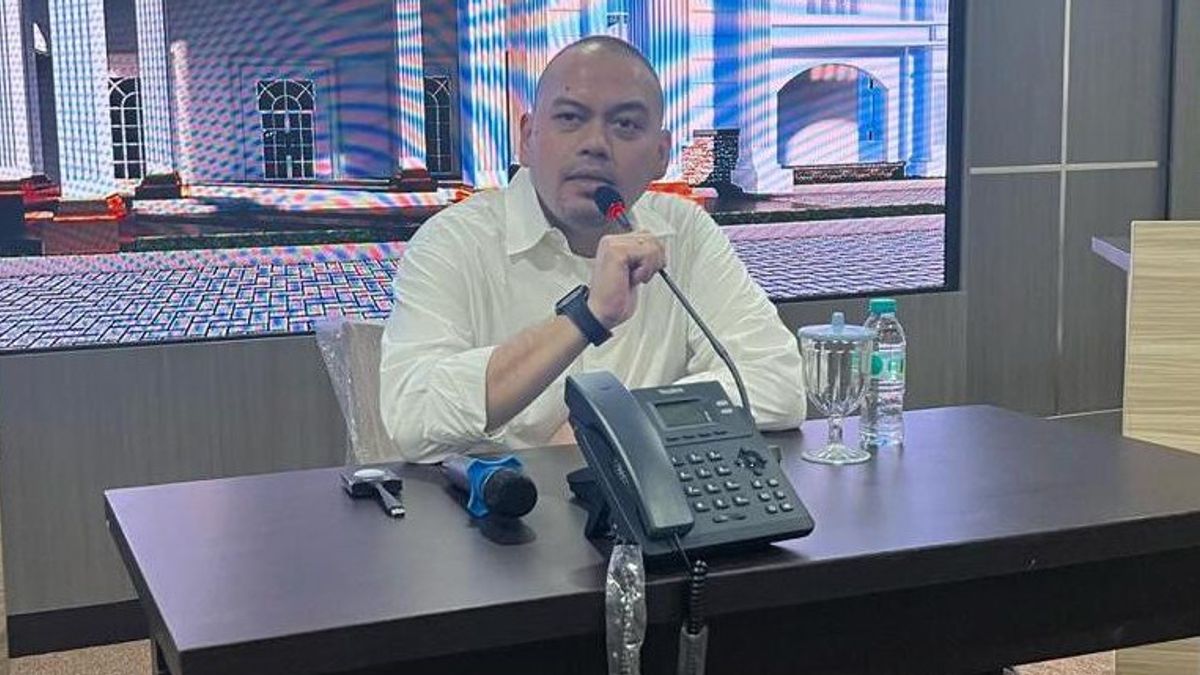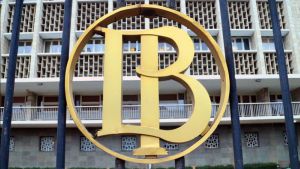JAKARTA - Vietnam is facing the largest banking scandal in Southeast Asia. The country revealed allegations of embezzlement of funds worth US$12.4 billion or equivalent to Rp192.25 trillion (exchange rate of Rp15,504) by real estate developer Truong My Lan.
The General Chairperson of the Revival of the Prosperous Society (HMS) Center, Hardjuno Wiwoho, warned the government and banking authorities in Indonesia not to let the case spread to Indonesia. Moreover, the financial scandal in Vietnam is similar to the financial crime that happened to Indonesia during the transition of power during the 1998 reform era.
At that time, Indonesia was rocked by the Bank Indonesia Liquidity Assistance (BLBI) scandal and the BLBI Recap Bonds scandal.
"I continue to urge the government to remove the payment of this ex-BLBI recap bond interest subsidy. This is an unproductive budget and burdens our state budget, but it is ignored. In fact, this bond interest payment makes the state budget unhealthy," said Hardjuno in his statement, Wednesday, March 6.
Hardjuno, who is currently completing a dissertation with the title "Legal Certainty Principle in Legal Reform Acceleration of Asset Confiscation Without Criminal Claims (Non-Consection Based Assets Forfeiture)", indicated that the large-scale fraud that was detrimental to the country's finances in Vietnam was allegedly using thousands of "ghost companies" to carry out illegal activities.
This is often the modus operandi in cases of financial fraud, where the perpetrator creates a fake or illegal business entity to hide its financial footprint.
"In Indonesia, this practice also occurs in BLBI. Many fake companies receive fake funds or companies are mortgaged. After the company is sold, the value is less than a tenth of the BLBI disbursed," said Hardjuno.
Tuesday, March 5, 2024, a Vietnamese court began hearing cases of financial fraud worth USD 12 billion, or IDR 189 trillion, overlooking 90 suspects with some facing the death penalty.
In Vietnam, Truong My Lan is suspected of giving bribes to government officials to support his activities. According to him, this bribery practice is also a serious problem in Indonesia, especially in corruption cases involving high-ranking officials or company executives who try to smooth its way into illegal business. In the Truong My Lan case, there were also allegations of violations of banking regulations.
SEE ALSO:
It is exactly the same as the disbursement of BLBI which was later added by the granting of recap bonds as a healthy strategy for the banking balance sheet.
"In the recap bond scandal which allegedly cost the state up to Rp. 18 thousand trillion today, the banking regulation is based on the fact that banks holding recap bonds are sold cheaply to those suspected of being old owners. So, the state must continue to pay recap interest until now at these banks," said Hardjuno, who is currently studying the Postgraduate School Law and Development Program. Airlangga University Surabaya University.
Hardjuno gave his appreciation to the Vietnamese government for showing courage to punish the perpetrators of financial crimes. Meanwhile, Indonesia is still struggling with the return of Rp110 trillion in the value of BLBI in 1998, which if it was curated today actually thousands of trillions.
"Chasing Rp110 trillion half to death is difficult. Moreover, stopping the interest payment of recap bonds which cost the state Rp50-60 trillion a year," said Hardjuno.
The English, Chinese, Japanese, Arabic, and French versions are automatically generated by the AI. So there may still be inaccuracies in translating, please always see Indonesian as our main language. (system supported by DigitalSiber.id)
















